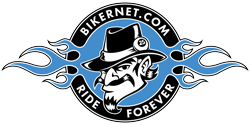World’s first Production Model Cargo Motorcycle
‘World’s first’ cargo Two-Wheeler aims to be a disruptor in logistics After around 6 years of development work, an electric scooter designed to be a cargo carrier, is gearing up for commercial production. Customer trials of this EV, by a Pune city, India, start-up, have begun, and its market introduction is expected during the first […]
World’s first Production Model Cargo Motorcycle Read More »
